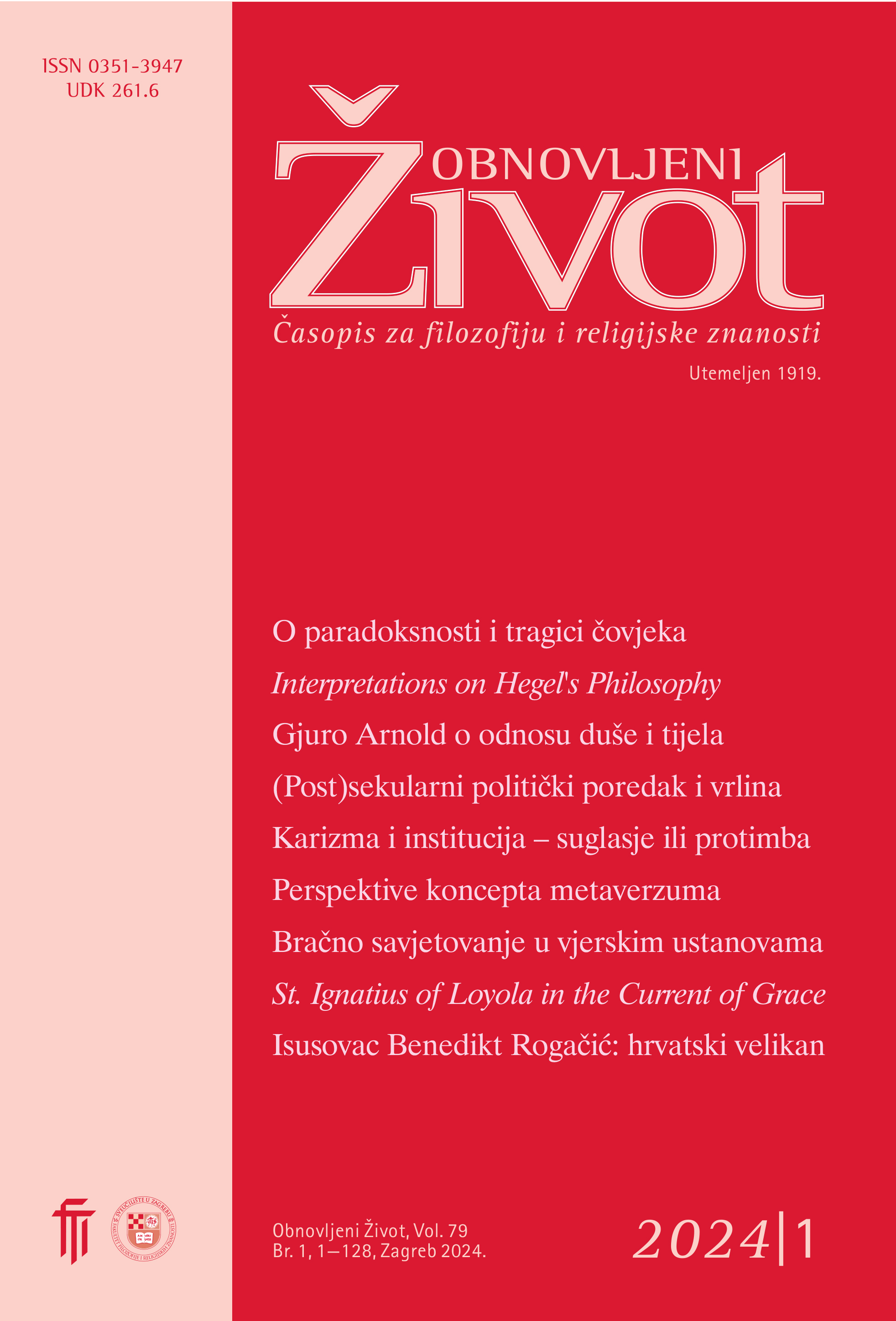The (Post)–Secular Political System and Model of Virtue
Moral Autonomy, Solidarity and Public Service
Keywords:
(post)–secular political system, virtues, personal freedom, solidarity, public serviceAbstract
The article explores the changing role of values in the political system, marked by processes of creating new identities and a plural society, as well as the process of “exit from religion” as described by Marcel Gauchet. In particular, it explores how the political and legal order relies on pre–political values shaped by the Western legal and political tradition. The article attempts to describe the role of personal moral autonomy, the idea of solidarity and the idea of serving the public good. Despite the development of a (post)–secular political order, the normative basis for these values remains decisive for the political system and the role of Christianity (which during various historical institutionalizations shaped the preconditions of the Western legal and political order) is particularly relevant. Although the contemporary democratic constitutional state is subject to the re–examination of fundamental values which are determined by social change (resulting from the creation of new forms of social cleavages, from a complex moral picture of the world and related affiliations) the normative foundations remain a relevant source for the establishment thereof. Although modern individualism corresponds moreso to the relocation of responsibilities that were imposed from the outside than to internal requirements, those values that were shaped by the Western order are still relevant for a democratic constitutional state, and they continue to act in such a way as to provide for its maintenance and legitimacy.
Downloads
Published
Issue
Section
License
Jednom prihvaćeni članak obvezuje autora da ga ne smije objaviti drugdje bez dozvole uredništva, a i tada samo uz bilješku da je objavljen prvi put u Obnovljenom životu. Uredništvo će obavijestiti autora o prihvaćanju ili neprihvaćanju članka za objavljivanje.
Članci objavljeni u časopisu se, uz prikladno navođenje izvora, smiju besplatno koristiti u obrazovne i druge nekomercijalne svrhe.


